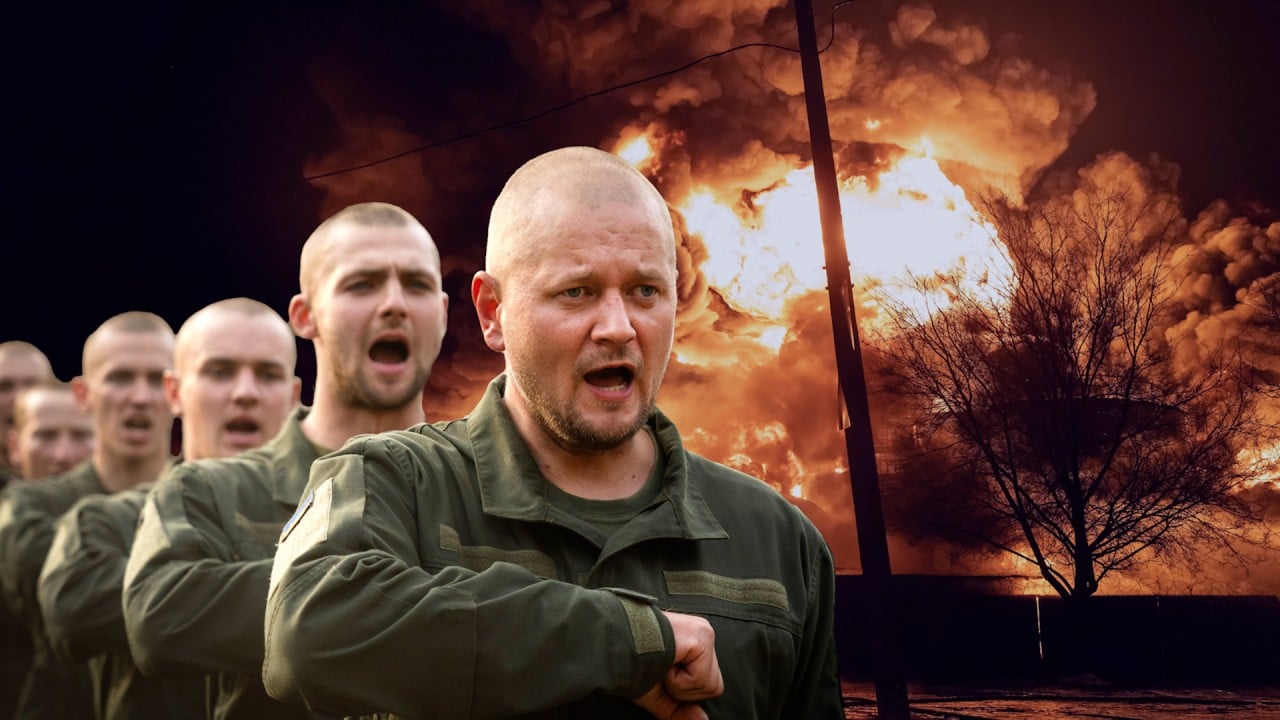Li’s visit to Europe last month was billed as China’s “second round of shuttle diplomacy on seeking a political settlement of the Ukraine crisis”. He visited Russia, Ukraine, France, Germany and the European Union headquarters in Brussels.
In a press conference held in Beijing on March 22, Li said that as a permanent member of the UN Security Council and a common friend of Russia and Ukraine, China can use its “shuttle mediation efforts” to convey information between the two countries. While Li’s announcement expressed peaceful sentiments, it does not appear that either of the warring parties and their supporters were impressed with this rhetoric.
As far as can be discerned, Li’s shuttle diplomacy in Europe has not led to any direct outcomes until now. China must realise the lack of confidence in the Swiss effort. Putin has remained unconvinced too, it seems: Russia has rejected its own participation in the peace conference. Aware of this sentiment, Beijing’s efforts may well be more concerned with the building of its global image than with an actual commitment to ending the war in Ukraine.
Taking part in the envisaged Swiss peace conference would be China’s third attempt to put itself forward as a mediator in the Ukraine war. If China wants to make a credible effort to end the war, Beijing ought to exert pressure on Russia to offer concessions regarding the eastern Ukrainian territory Moscow has conquered since February 2022, including a proposal on Crimea. Moscow, meanwhile, seems to have recently warmed to Beijing’s peace proposal.
Beyond Russia, China also needs to work closely with both the United States and Nato’s European members in creating the necessary conditions for an end to the military action in Ukraine. But most importantly, Beijing needs to reflect on its own assumed neutrality in direct contradiction to its partnership and support for Russia.
There have been few signs of China going beyond its non-committal rhetoric of peace to becoming involved in a more concrete and practical way to help end the devastating war in Ukraine. Li’s shuttle diplomacy in Europe does not seem to have convinced European leaders yet of China’s ability to act as a mediator to end the Ukraine war.
Klaus W. Larres, PhD, is the Richard M. Krasno distinguished professor of history and international affairs at the University of North Carolina in Chapel Hill
Lea Thome is the Schwarzman fellow at the Wilson Centre, affiliated with the Kissinger Institute on China and the United States



